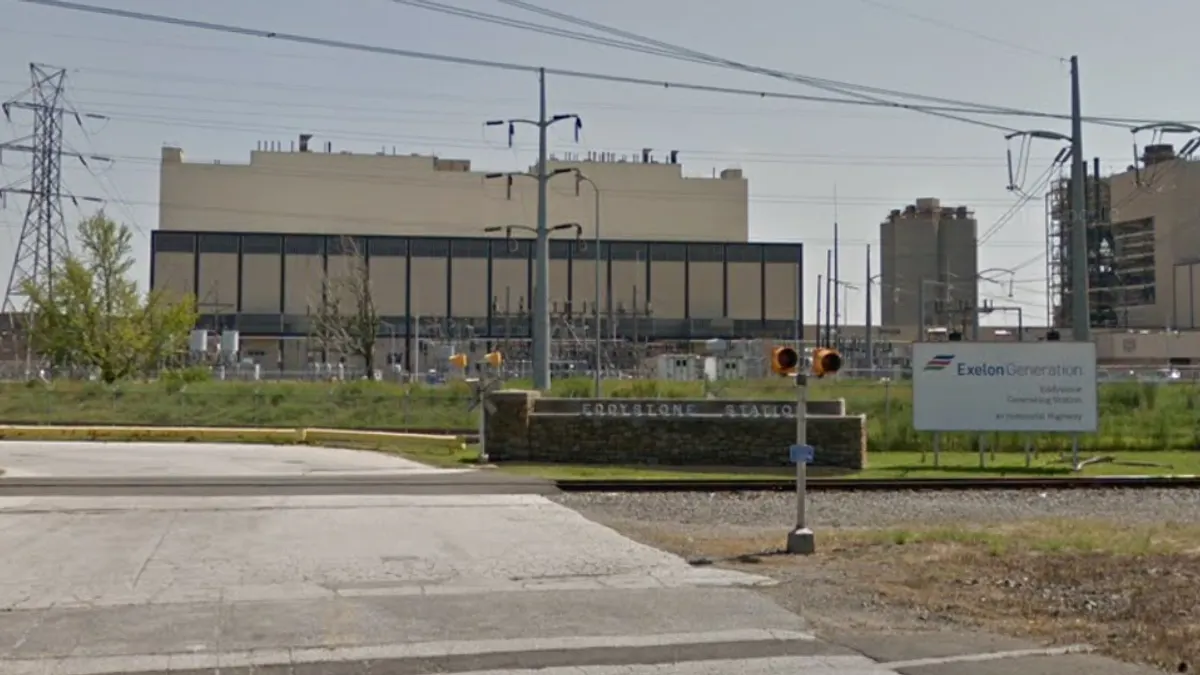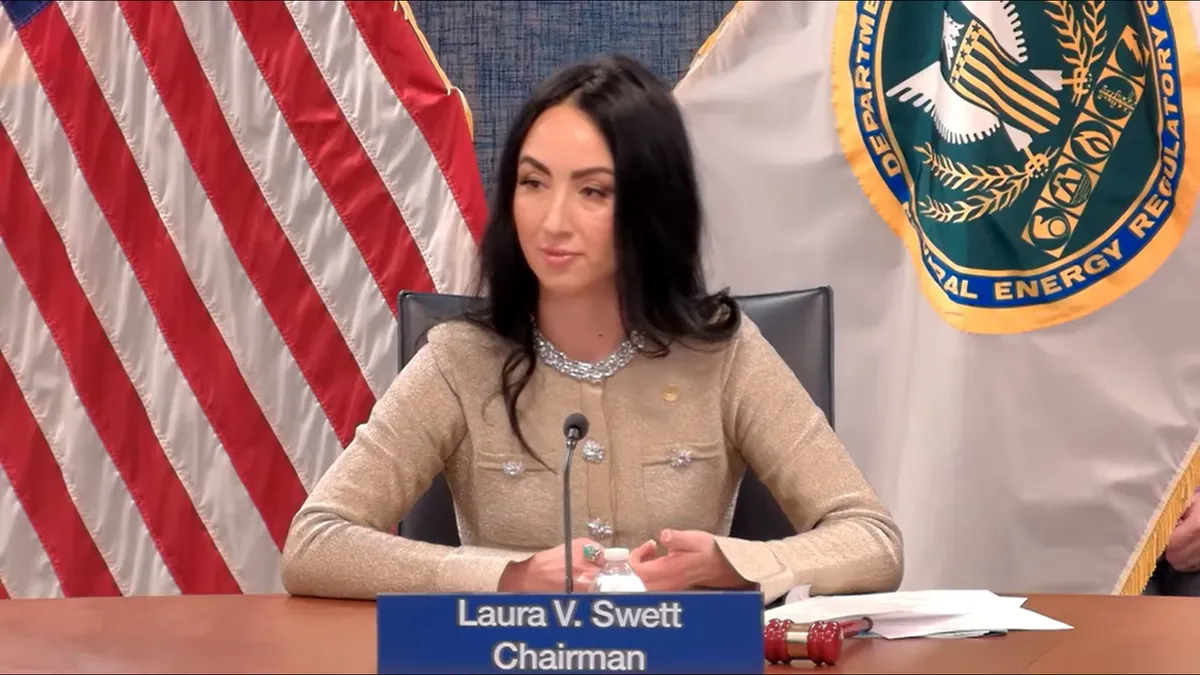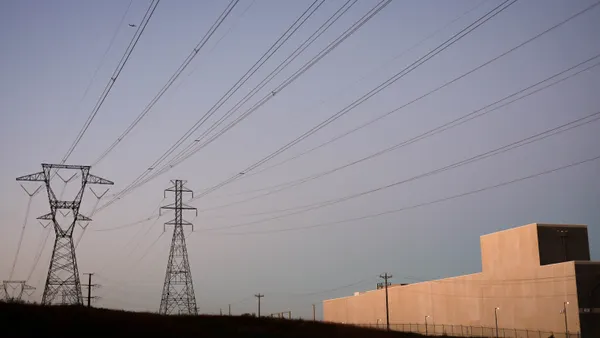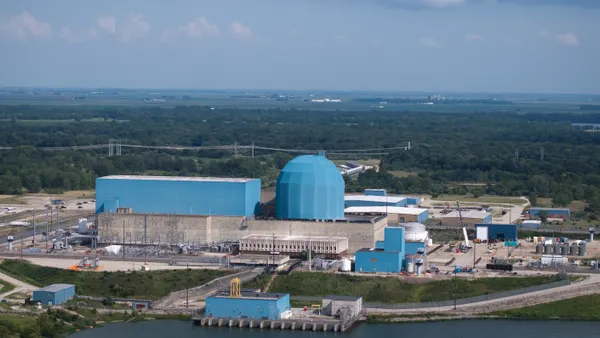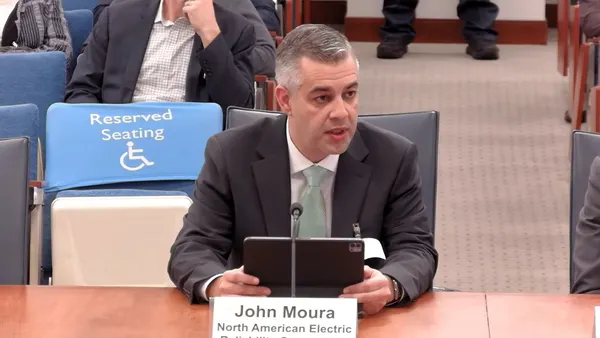The Federal Energy Regulatory Commission on Friday approved pathways for Consumers Energy and Constellation Energy to recover the costs of complying with U.S. Department of Energy orders to continue running power plants they had planned to retire.
The costs of keeping the 1,560-MW, coal-fired J.H. Campbell plant in Michigan online will be shared across the Midcontinent Independent System Operator’s northern and central regions, under FERC’s decision. The agency rejected calls to limit the cost allocation to Michigan or to require MISO’s southern region to share in the costs.
Consumers co-owns the power plant with Wolverine Power Supply Cooperative and the Michigan Public Power Agency, which have 1.89% and 4.8% stakes in the generating facility, respectively.
Expenses related to operating two, 380-MW oil- and gas-fired units at Constellation’s Eddystone plant in Pennsylvania will be spread across the PJM Interconnection’s footprint, FERC said in a separate decision.
Consumers and Constellation will need to return to FERC for approval to recoup their costs. Consumers reported to the Securities and Exchange Commission last month that it spent $29 million in the first 38 days of the DOE order to keep the Campbell plant online.
Under the Federal Power Act, DOE can order power plants to operate for 90 days during emergencies.
Earlier this summer, DOE said MISO and PJM faced emergency conditions and ordered Consumers to run the Campbell plant until Aug. 21 and Constellation to run its Eddystone units until Aug. 28. The orders can be extended.
Michigan’s attorney general and a coalition of groups, led by the Sierra Club and Earthjustice, last month sued to overturn DOE’s emergency order on the Campbell plant. In its decision on the Campbell plant, FERC dismissed calls to wait on issuing the cost allocation decision until after the litigation is settled.
FERC said parties can challenge the prudency of the costs of running the Campbell plant under the DOE order when Consumers seeks to recoup them.
“Parties also may take appropriate steps, such as requesting rehearing in this proceeding, to preserve arguments that if the DOE order were to be modified, then the commission should require refunds or otherwise revisit its approach to matters that DOE referred to the commission in connection with the DOE order,” FERC said.
Industry observers expect the Trump administration will prevent significant fossil-fueled power plants from retiring. Depending on how many power plants DOE orders to keep running under its Federal Power Act section 202(c) authority, the cost to ratepayers could grow to $5.9 billion in 2028, according to a report from Grid Strategies released on Thursday.



